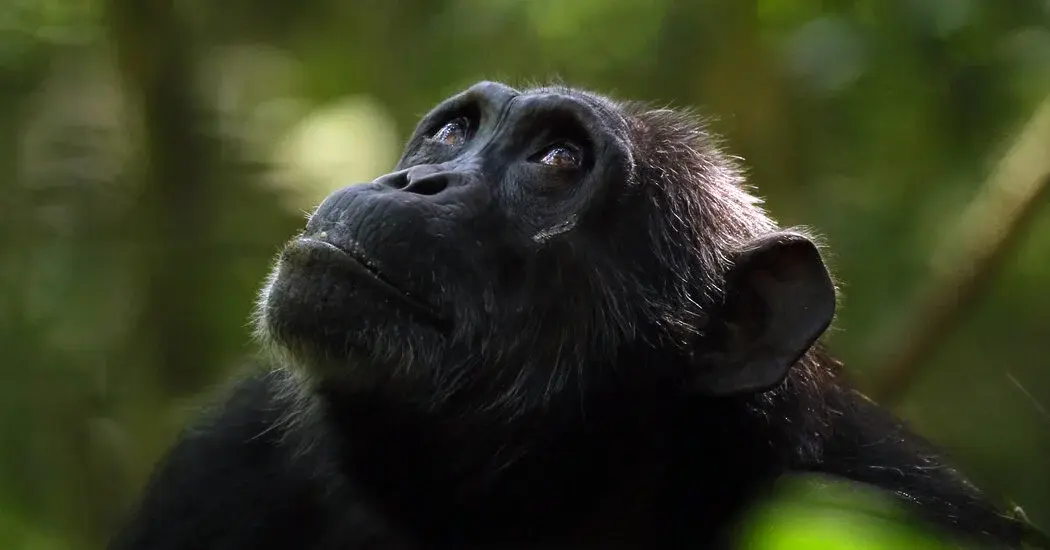It is not obvious why selection should favor menopause or the continued survival of individuals that can no longer reproduce. The famous Grandmother Hypothesis had been used to explain the evolutionary significance of menopause. A new study conducted on the Ngogo chimpanzees community of wild chimpanzees in Uganda challenges this hypothesis. Science 27 Oct 2023 Vol 382, Issue 6669 DOI: 10.1126/science.add547



🤖 I’m a bot that provides automatic summaries for articles:
Click here to see the summary
Perhaps, they proposed, it was a crucial ingredient in raising children whose big brains need lots of time — and parental support — to fully develop.
In 1966, the British evolutionary biologist William Hamilton speculated that women’s long post-reproductive life must have been important in the course of human evolution.
Brian Wood, an evolutionary anthropologist at the University of California, Los Angeles, conducted a statistical analysis of data collected from 185 Ngogo females and found that a significant number had lived long after their last known pregnancy.
“I find the evidence compelling that these females are living long past the end of reproduction,” said Michael Cant, an evolutionary biologist at the University of Exeter who was not involved in the new study.
But until now, only five species of whales had displayed the distinctive signs of menopause, defined as a sharp halt to their reproductive years long before the end of life.
Dr. Cant and his colleagues have found that old females often lead their fellow whales on long trips to hunting grounds, perhaps taking advantage of their decades-old memories.
Saved 85% of original text.